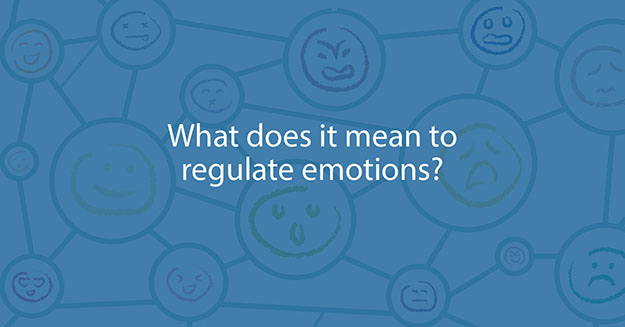
Emotion Regulation skills are used for the day-to-day experiences with the environment, our interpretations of the events, our reaction to emotions, and problem-solving. These skills aid us in moving toward our goals and creating a life worth living.
This set of skills is different from Distress Tolerance in that Distress Tolerance skills exist for the moments when the application of Emotion Regulation skills fails. Distress Tolerance skills provide momentary relief from intense emotions. However, they do not promote long-term behavioral or lifestyle changes.
Having emotions is an important part of the human existence. We pursue the arts (music, painting, dance, literature, etc.) for the emotional element they bring. Emotions make our lives rich and are included on the journey toward a life worth living.
Being able to regulate emotions requires that we are able to name the emotions we are experiencing, understand where the emotions come from, and the function of the emotion.
Emotional regulation skills are not about eliminating emotions from our lives; the goal is to reduce emotional suffering.